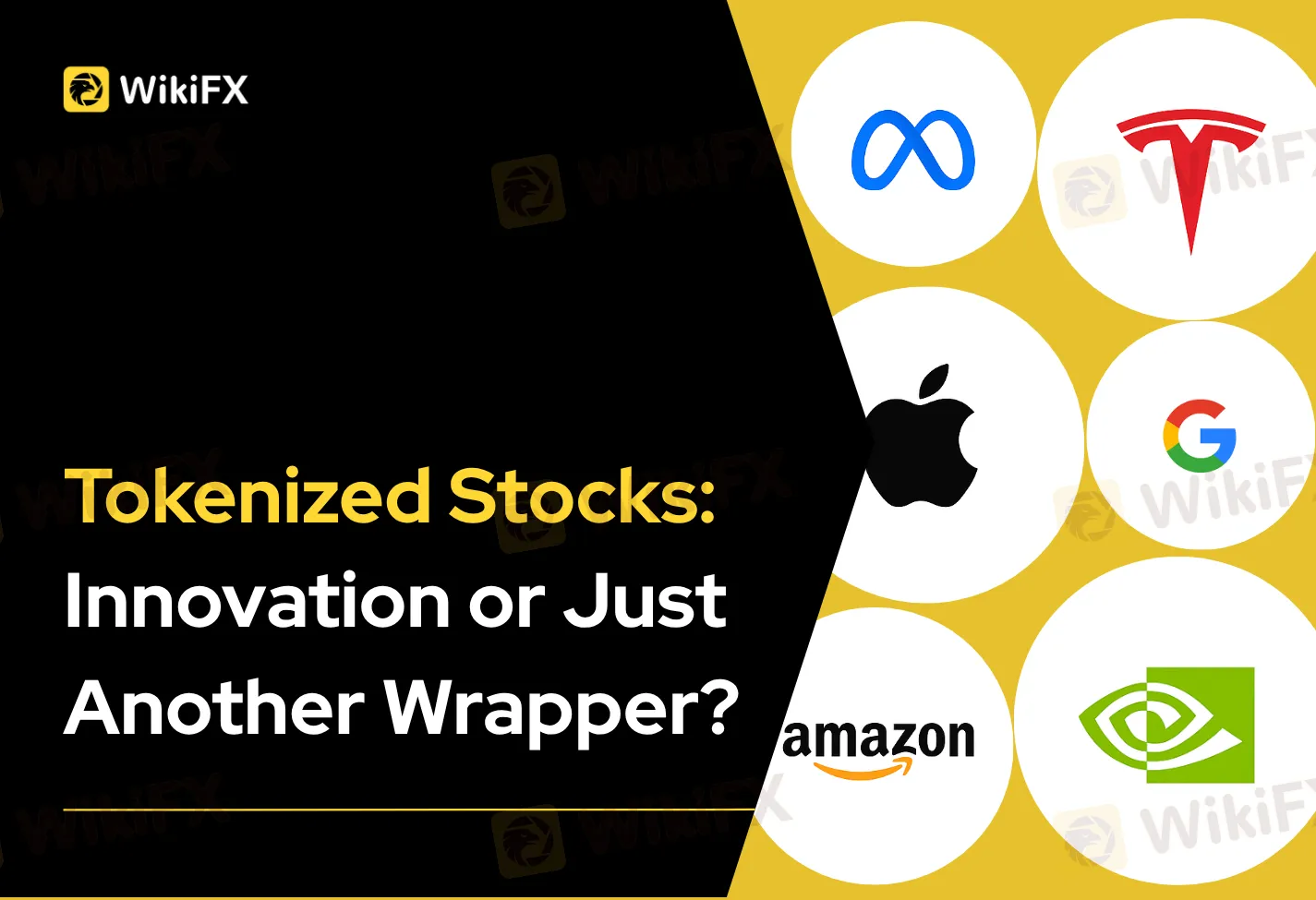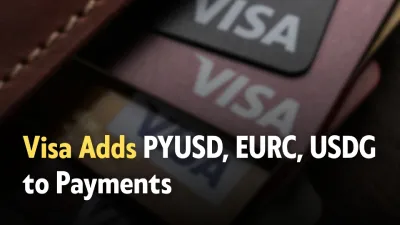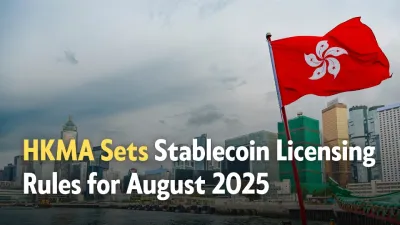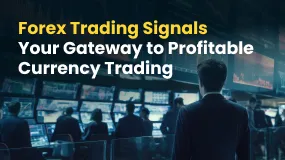简体中文
繁體中文
English
Pусский
日本語
ภาษาไทย
Tiếng Việt
Bahasa Indonesia
Español
हिन्दी
Filippiiniläinen
Français
Deutsch
Português
Türkçe
한국어
العربية
Tokenized Stocks: Innovation or Just Another Wrapper?
Abstract:While tokenized stocks promise global, round-the-clock trading, many platforms only offer synthetic exposure similar to CFDs. Without shareholder rights or deep liquidity, their added value remains in question.

Tokenized stocks are gaining momentum as platforms like Robinhood, Kraken, and Bybit offer synthetic equity assets to users outside the United States. These blockchain-based tokens track the value of real-world shares, promising benefits like 24/7 trading, instant settlement, and fractional ownership. However, beneath the surface of innovation lies a familiar structure—one that closely resembles Contracts for Difference (CFDs), raising questions about whether tokenized stocks offer any real advantages over existing products.
The Real Value Proposition—And Its Limits
Tokenized stocks are structured to mimic real equities through custodians or special-purpose vehicles holding the underlying shares. This approach enables users to gain exposure to companies like Tesla or Apple without owning the stock directly. Supporters hail this as a revolutionary step toward democratizing access to U.S. capital markets, particularly in Europe where regulation is more accommodating. Robinhood, for instance, has launched over 200 tokenized stocks in Europe on Arbitrum, while Kraken and Bybit partner with Swiss-based Backed Finance to issue Solana-based tokens.
But critics argue that the core offering—price exposure without ownership rights—is not new. CFDs have offered similar features for years, including leverage, small trade sizes, and quick access. Tokenized stocks may simply be “a wrapper,” says Freedx executive Anton Golub, offering no shareholder rights, such as dividends or voting power. In this light, the promise of “democratization” may feel more like a marketing strategy than a structural breakthrough.
Liquidity and Compliance: The Achilles Heels
Despite the hype around 24/7 markets, liquidity is still a problem. Market makers cannot hedge risk during weekends or holidays, meaning traders are often quoted wide spreads with questionable execution quality. Furthermore, since most platforms exclude U.S. users, global adoption remains fragmented. The lack of interoperability with traditional exchanges also limits arbitrage, restricting price efficiency.
Compliance is another hurdle. Many of these platforms operate outside the U.S. due to regulatory uncertainty. In contrast, Coinbase is attempting to launch tokenized stock trading within the U.S. under SEC oversight, hoping to pave a more compliant path. Without regulatory clarity, however, tokenized stocks remain largely confined to specific jurisdictions, limiting their long-term potential.
Conclusion
Tokenized stocks represent an interesting evolution in fintech, blending blockchain technology with traditional financial instruments. Yet, for all the talk of innovation, they currently replicate many features of CFDs without providing true equity ownership. Until regulatory frameworks mature and platforms solve liquidity and governance challenges, tokenized stocks may remain a niche alternative rather than a game-changer in global markets.
Disclaimer:
The views in this article only represent the author's personal views, and do not constitute investment advice on this platform. This platform does not guarantee the accuracy, completeness and timeliness of the information in the article, and will not be liable for any loss caused by the use of or reliance on the information in the article.
Read more

Understanding Forex Spreads: Types, Calculations & Their Impact on Your Trades
Do you know the reason for a variation in cost when executing a forex trade? Why do costs rise sometimes or remain manageable at other times? It’s due to the difference in forex spreads charged by the broker. So, what is spread in forex? It is simply the difference between the selling and purchase price of a currency pair. The difference, measured in forex pips, is a vital factor impacting trading costs and potential gains.

Visa Adds PYUSD, EURC, and USDG to Stablecoin Payments
Visa expands blockchain payments with PayPal PYUSD, EURC, and USDG stablecoins, advancing digital settlements in the growing crypto payment space.

HKMA Launches Stablecoin Licensing Rules Ahead of August 2025 Deadline
HKMA’s Stablecoins Ordinance and licensing guidelines take effect August 1, 2025, defining Hong Kong’s digital asset regulation landscape for stablecoin issuers.

Forex Trading Signals - Your Gateway to Profitable Currency Trading
Want actionable forex trade recommendations or ideas for currency pair purchase or sale? Forex trading signals provide you with the same. Generated by professional traders, algorithms or trading systems, these signals help traders make informed decisions. Learn more about in this in-depth guide.
WikiFX Broker
Latest News
What Is Forex Currency Trading? Explained Simply
Think Uncle Sam Owes $37 Trillion? It's Far Worse Than That
SkyLine Judge Community: Appreciation Dinner Successfully Held in Malaysia
HKMA Launches Stablecoin Licensing Rules Ahead of August 2025 Deadline
Visa Adds PYUSD, EURC, and USDG to Stablecoin Payments
Understanding Forex Spreads: Types, Calculations & Their Impact on Your Trades
Currency Calculator


